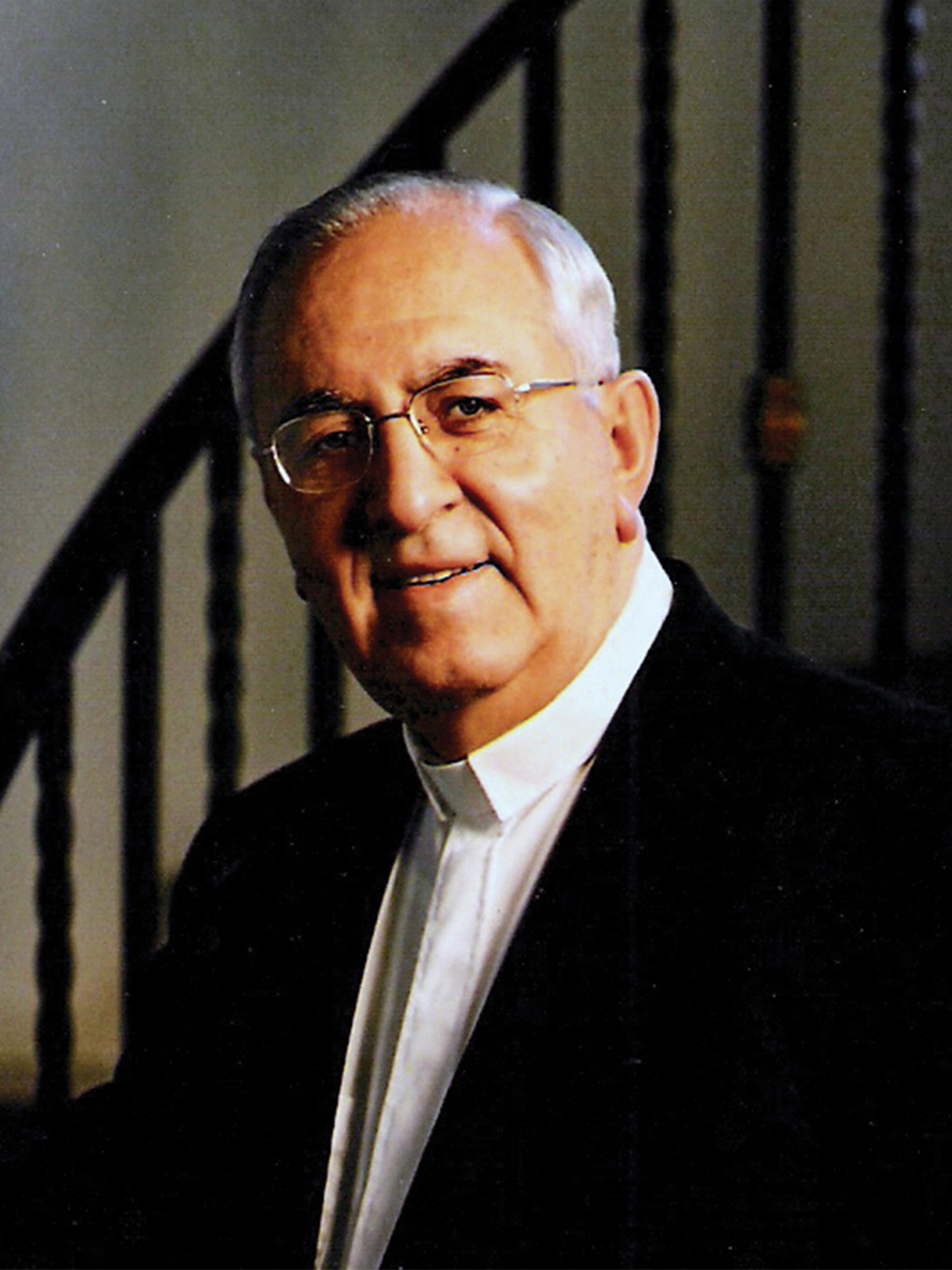

WE REAP WHAT WE SOW “A man reaps what he sows” (Gal. 6:7).
Posted on August. 16. 2024
BY REV. DR. VAHAN H. TOOTIKIAN
Summer, among other things, is a season of harvest. It is a time when people reap what they have sown.
Apostle Paul takes an illustration from agricultural life when he writes, “We will reap what we sow” In other words, we cannot expect from life anything different from what we put into it. If we do, we deceive ourselves. It is the law of nature, a law of God.
The farmer flings a handful of grain upon the upturned soil. The gardener dibbles a hole and drops a seed in it. Both farmer and gardener commit the seed to the ground with the confidence that someday it will sprout, grow and bring forth fruit. They know that they will reap what they have sown. If the farmer has sown wheat, he does not expect corn.
The natural forces only help make the seed grow, they do not change it. Rain falls upon it, dew moistens it, sun warms it and the chemical elements of the soil feed it. The farmer knows that what nature does is to bring out what is already in the seed, and makes it productive.
Likewise, what we put into life are seeds—good or bad seeds. Out of the good one, good will be produced, often multiplied by other factors in life and in our environment. Out of the evil seeds, evil will be born in multiplied forms.
This is the moral law. The question is: What are we making of our lives?
This moral law of reaping what we sow applies to all areas of our human relationships. It applies to our relationship with one another, and to our treatment of our own selves.
First, the law of reaping what we sow applies to our relationship with one another. Human beings are social beings. They cannot live alone. They depend on their fellow humans and vice versa. What they do affects the others. They cannot isolate themselves from the human society. They cannot keep away from the good or evil that exists in human society. If they are good people, they are not good only for themselves, their goodness benefits others; if they are evil, people suffer because of them.
If a person is intoxicated and drives, he or she endangers not only his or her life, but also those of others. Thousands of people lose their lives every year, are injured or crippled because of some irresponsible individuals. Liquor consumed irresponsibly is a seed sown whose consequences will be devastating not only to their own lives but also to those of others.
People who sow to their own flesh will from the flesh reap corruption, but those who sow to the Spirit will reap from the Spirit eternal life.
If we sow hatred, we will reap hatred. If we sow good will, we will reap good will. If we are dishonest, we will think all people are dishonest and we will always live in fear of being robbed and cheated.
Second, the law of reaping what we sow also applies to our own body and soul. What we do affects others, but it also affects us more than others.
People who hate other people may bring harm to them but they bring more harm to themselves. They become very unhappy persons. Even if for only selfish reasons, for their own lives, for their own health and happiness, people should have the wisdom to sow seeds of good, seeds of virtue and seeds of love. There is nothing better than a clean conscience and a heart full of life.
An important question that rises in our minds is: How do we select the good seeds in order to reap good harvest? St. Paul states that the good seeds come from the Spirit of God. He gives them to those who are willing to receive them. Once they receive them, “at a proper time they will reap a harvest” (Gal. 5:9).

Great article by Rev. Tootikian, the author of scores of books.
He is a treasure that most Armenians do not know about, which is a shame.
So glad that USA – AL publishes him.